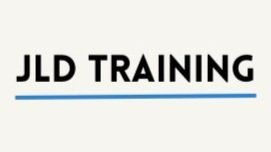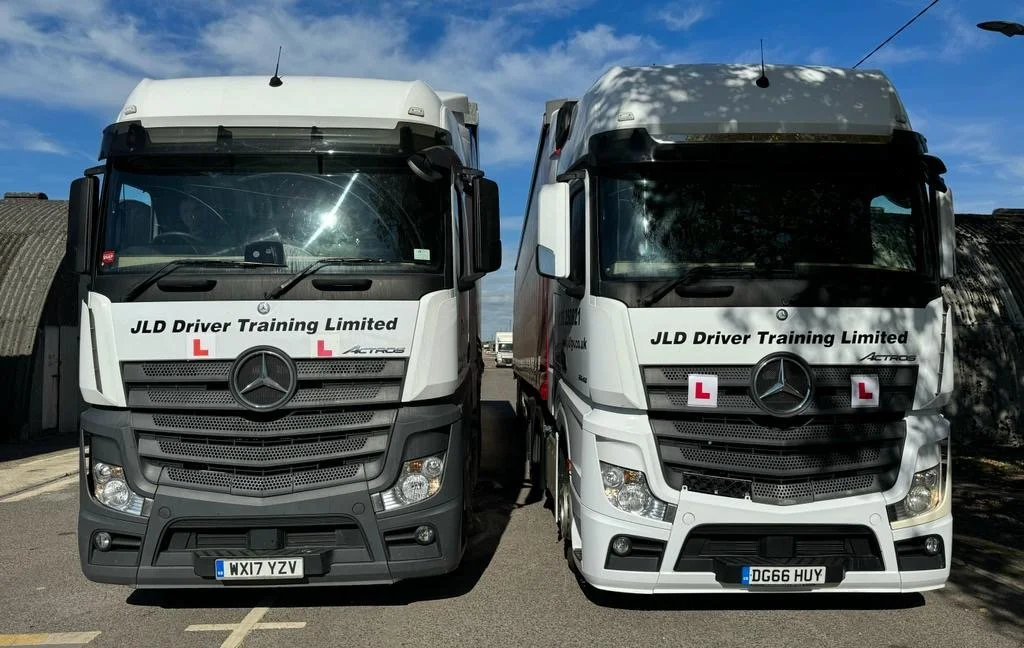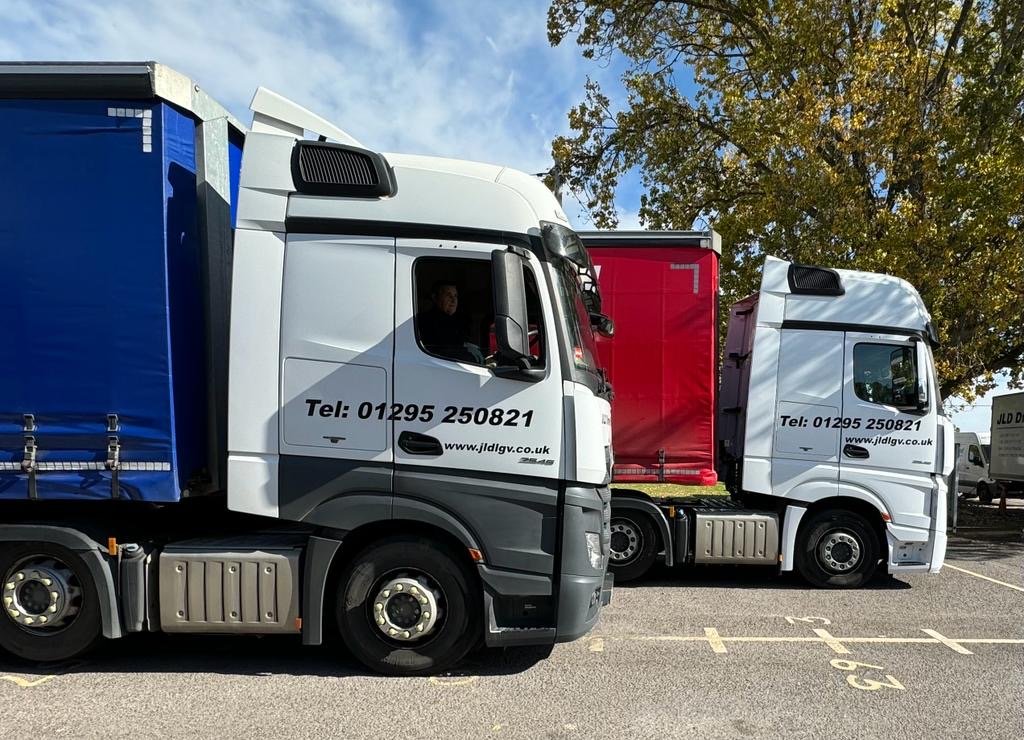Shunter Training
Shunter training courses are designed to provide individuals with the skills and knowledge required to safely operate shunting vehicles. Shunters, also known as yard trucks or terminal tractors, are used in logistics, distribution centers, and ports for the movement of trailers and containers within confined spaces.
Shunter training is crucial for ensuring the safe and efficient operation of these vehicles in logistics and transportation settings.
Course Content:
Introduction to Shunters:
Understanding the design, components, and features of shunters, including controls, safety systems, and hitching mechanisms.
Safety Procedures:
Emphasising safety protocols specific to shunter operation, including trailer hitching, load stability, and awareness of surroundings.
Pre-Operational Checks:
Inspecting the shunter for any mechanical issues before operation, ensuring that all safety features, such as brakes and lights, are functioning correctly.
Basic Operation:
Training on the proper use of shunter controls, including steering, acceleration, braking, and hitching trailers.
Trailer Un-Couple and Re-Couple:
Techniques for safely connecting and disconnecting trailers to the shunter, ensuring secure loads during transport.
Maneuvering in Confined Spaces:
Practices for operating the shunter in tight spaces, such as loading docks, yards, and storage areas.
Emergency Procedures:
Training on responding to emergencies, including proper shutdown procedures, communication protocols, and evacuation.
Traffic Management:
Understanding and implementing effective traffic management in yards or terminals to ensure safe shunter operations.
Regulatory Compliance:
Understanding and compliance with relevant occupational health and safety regulations related to shunter operation.
Certification:
Successful completion of the shunter training course will lead to the issuance of a certification, indicating that the individual is qualified to operate shunters.
Duration:
The duration of shunter training courses can vary but will cover both theoretical and practical aspects to ensure a comprehensive understanding of the equipment.



